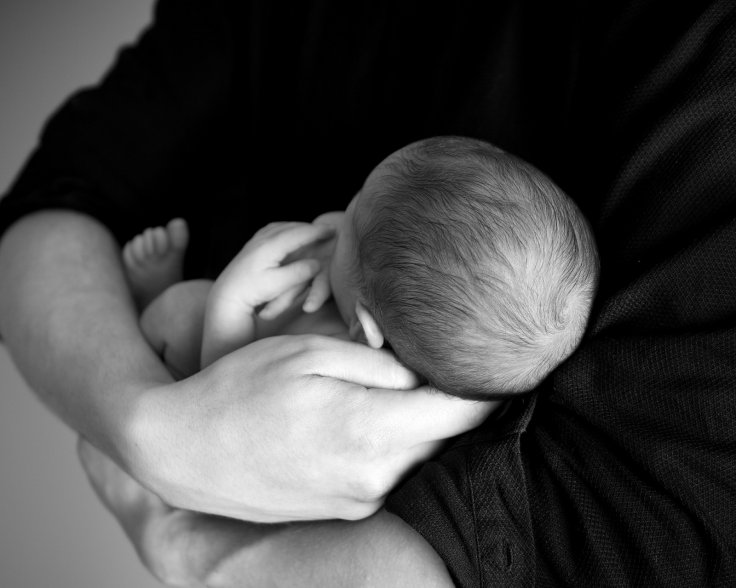
A recent Canadian study suggests that women over 40 have the highest risk of preterm births and use of reproductive technology or medical interventions such as induced labor or a planned C-section cannot solely be held responsible for that.
Pregnancy lasts for 40 weeks and babies born after 37 weeks are considered full-term babies. This study concerns babies delivered within 32-36 weeks of pregnancy and the extremely premature babies delivered before 32 weeks of gestation. The study was conducted by Florent Fuchs of CHU Sainte Justine in Montreal and his colleagues who examined the data of 184,000 births in 32 hospitals in Quebec, Canada.
7.8 percent of pregnancies in women over 40 resulted in preterm births, one percent faced extremely premature deliveries, whereas women aged between 30 to 34 have the lowest risk of preterm deliveries.
The study asserts that mothers who are above 40 might have premature deliveries either due to induced labour or due to the usage of other medical interventions. Researchers, therefore, concluded that age itself is a primary cause of preterm births.
Antonio Simone Lagana of the Filippo Del Ponte Hospital and the University of Insubria in Varese, Italy says that the age-old belief of preterm births caused by "early labour induction for medical conditions" is a myth. He further states that advanced maternal age is the primary cause for early deliveries followed by "placenta previa, gestational diabetes, medical history, use of assisted reproduction technologies and occurrence of invasive procedures". These are all common in older mothers.
The oldest mothers who were part of the study went into early labour on their own. Alice Goisis of the London School of Economics states that doctors are not responsible for all the premature deliveries. Medical intervention alone cannot be held responsible for the same.
Premature babies face difficulty in breathing or digesting food weeks after birth. Hearing, cognitive skills and social behavioural patterns are also affected in preemies.
Women aged 40 and above are prone to obesity, pregnancy-related diabetes or high blood pressure as well as placenta previa, where the placenta nourishing the baby detaches itself from the uterine wall. These usually induce premature delivery.
One drawback of the study is that the data on the weight of the mothers were missing for at least 28 percent of the participants. Other factors that can be held responsible for preterm births such as socioeconomic status have not been covered as well.
Ali Khashan of the School of Public Health and INFANT Center at University College Cork in Ireland suggests that women aged 40 and above should take necessary precautions to avoid preterm delivery and should focus on their health services early in pregnancy.









